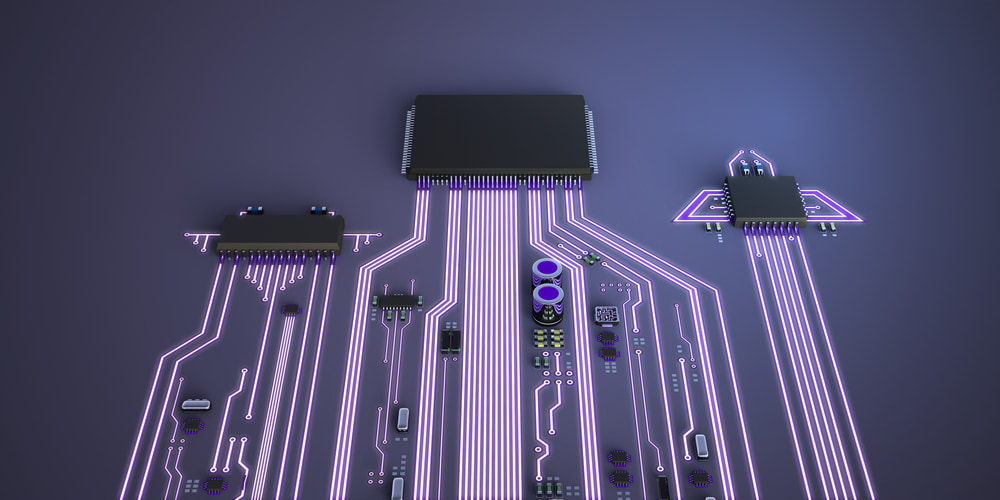Newcomers’ Guide to Digital Signal Processors

If you’ve ever looked into audio mixers, chances are that you’ve come across something called DSP. In simple terms, digital audio signal processors convert sounds into a digital format, so if you are running a digital setup in Florida, it’s this marvel of technology that controls total quality, reduces noise, adds effects to the sound, and allows other complex functions that go beyond what analog mixers are capable of. With that said, let’s take a closer look at the inner workings of digital signal processing and how it makes the magic of modern sound mixers possible.
What is a DSP processor?
In a nutshell, a DSP is a specialized microchip that takes digitalized real-world signals and then puts them through complex computing techniques in real time. Real-world signals such as audio and video are recorded, go through Analog-to-Digital converters where they become information in the form of ones and zeros, and then processed through a DSP.
Once signals become digital, it allows a seamless and precise adjustment when needed. After processing, it feeds the digital information back into the DSP for decoding and allows playback in the real world. This processing is the key to understanding the difference between digital and analog mixers.
What is digital signal processing in audio?
In the context of audio signals, this essentially means that sound waves are first converted into digital information and processed through a DSP. Once the sound exists as numbers in computing, a DSP can apply complex mathematical methods to manipulate the information and adjust it in the way you want it, whether it’s cleaning up unwanted noise, adjusting frequency ranges, adding effects, or performing other functions that come with digital mixers.
Does DSP improve sound quality?
While precise control and enhancements certainly improve the sound quality, this isn’t an inherent trait of DSP, but rather, the way it’s used. Here are some functions that DSP applies to improve sound quality.
- Precision EQ: Digital equalizers allow for more precise balancing of audio signal frequencies to get desired results.
- Noise reduction: DSP can remove hums, hisses, or unwanted frequencies, delivering a cleaner sound.
- Dynamics control: Another key feature is that DSP allows you to compress and limit the sound dynamics.
- High-quality effects: DSP can modify the signal by introducing chorus and other special effects.
What are the two types of DSP?
DSPs are split into two main categories, Fixed-Point DSPs and Floating-Point DSPs:
- Fixed-point: These chips are built to use integers or numbers with a fixed number of decimal places. They are more cost-effective, faster, and easier to mass-produce, which makes them an ideal choice for smartphones, hearing aids, or other gadgets. However, they are lacking in precision, which can lead to errors and hiccups in very complex tasks.
- Floating-point: These processors can represent numbers in scientific notation, which allows for a wider range of computing and high levels of precision. They are commonly used in demanding scenarios such as professional audio processing, radar, medical imaging, and other high-performing setups. The downside is that they are more expensive and consume more power.
Do you really need a DSP?
Whether you need a DSP for your sound system largely depends on what your goals and preferences are. It’s not inherently necessary, as plenty of sound engineers prefer the imperfections and “warmth” of analog sound and find digitally processed audio too sterile. But if you’re looking for a professional-grade mixer and prefer precise control, cleaner sound, or high-quality effects, a DSP is an invaluable tool that makes that possible.
Who provides top-tier digital audio signal processors near me in Florida?
For over 25 years, Pro Audio Services has been the top choice for cutting-edge sound and video systems for residential, commercial, and institutional clients across Florida. No matter if you need sound mixers or DSP, you can rest assured that our team will help you pick the right setup, according to your needs and preferences.
Whether you are located in Jacksonville, Miami, or Cape Coral, our comprehensive experience, state-of-the-art equipment, and practical know-how are at your disposal. Reach out today, and discover why we are the trusted choice in the region!

